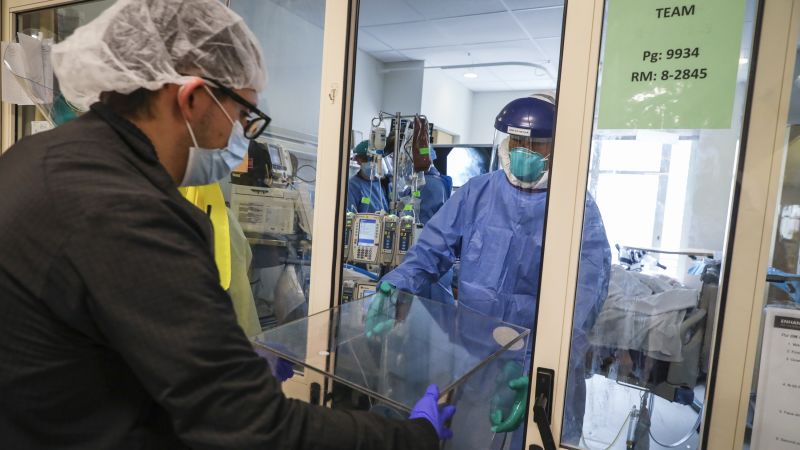New COVID-19 Wave in Singapore and JN.1 Variant

Singapore is experiencing a resurgence of COVID-19 cases, marked by a 28% increase in early May 2025. This new wave is primarily driven by the LF.7 and NB.1.8 variants, both descendants of the highly transmissible JN.1 variant, which is becoming dominant in the region. This situation raises concerns for parents regarding family safety, child health, and the potential return of stringent precautionary measures.
From April 27 to May 3, 2025, weekly COVID-19 case numbers in Singapore rose from 11,100 to 14,200. Hospital admissions also increased, reaching 133 per day from a previous 102. These figures highlight the need for increased vigilance, particularly in high-contact zones such as schools, public transport, and workplaces. In response, the Ministry of Health (MOH) continues to emphasize vaccination and responsible public behavior, urging citizens to stay updated with booster shots, avoid crowded places if unwell, and promptly test for symptoms.
The LF.7 and NB.1.8 variants, responsible for the recent surge, are subvariants of the Omicron family, descending from JN.1. They account for over two-thirds of COVID-19 cases in Singapore due to their enhanced ability to spread rapidly. While these variants are more contagious, current data suggests they do not cause more severe symptoms or complications. However, the increased transmission rates could lead to higher hospitalization rates due to more people becoming ill simultaneously.
For parents, monitoring for symptoms in children is crucial. Symptoms associated with LF.7 and NB.1.8 may overlap with common flu or cold symptoms, including cough, sore throat, runny or blocked nose, fatigue, headache, nausea or vomiting, and eye redness (conjunctivitis). While most children experience mild symptoms, it is advisable to consult a pediatrician if a child has underlying conditions or if symptoms worsen.
Preventive measures remain essential. The MOH recommends that all eligible family members, including children, receive their COVID-19 vaccinations and booster shots to boost immunity and reduce the risk of severe outcomes. Reinforcing good hygiene habits, such as frequent handwashing and sanitizing high-touch surfaces, is also vital. Although not mandatory, wearing masks in enclosed public spaces and ensuring good ventilation indoors are highly recommended.
Early testing and isolation remain critical in reducing community spread. Parents should keep ART kits at home and use them if anyone in the family feels unwell. Furthermore, providing emotional support to children during this uncertain time is important. Parents should openly discuss safety habits in age-appropriate language, encourage questions, and acknowledge children's emotions. For children with health issues like asthma or allergies, discussing additional precautions with healthcare providers is advisable.
Staying updated with health advisories and encouraging good practices at home are crucial for maintaining the health of children and communities. According to FAQs, there is no evidence suggesting the LF.7 or NB.1.8 variants cause more severe illness in children compared to earlier strains, and existing COVID-19 vaccines and boosters continue to offer significant protection. If a child shows COVID-19 symptoms, parents should perform an ART test, consult their family doctor, and follow official isolation and care guidelines as advised by MOH.








